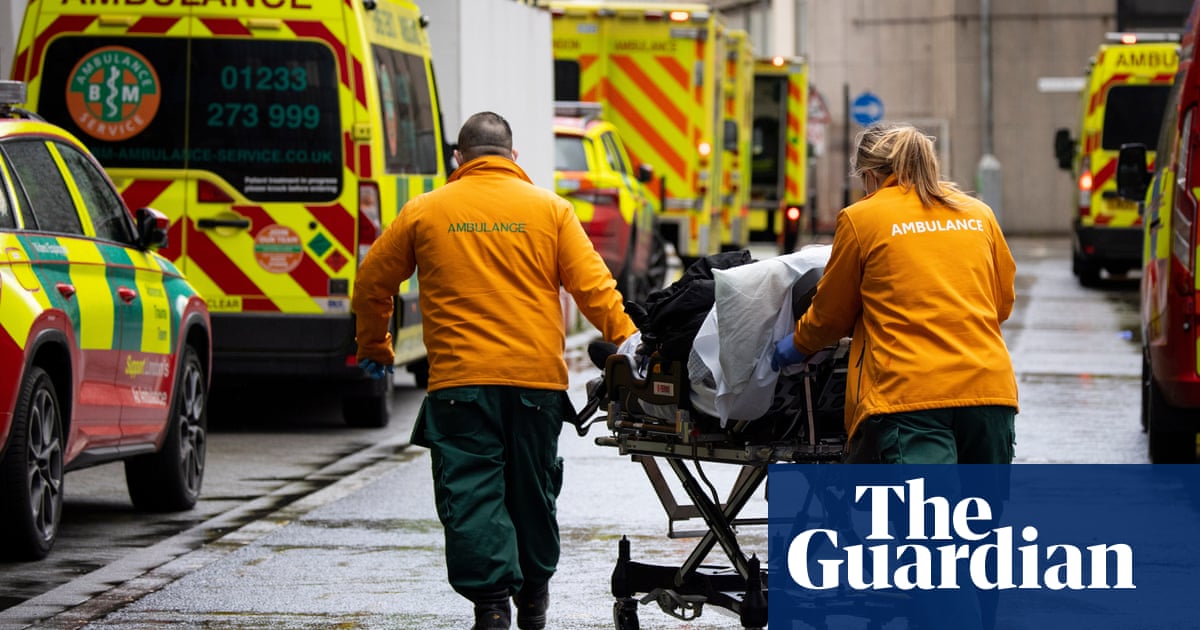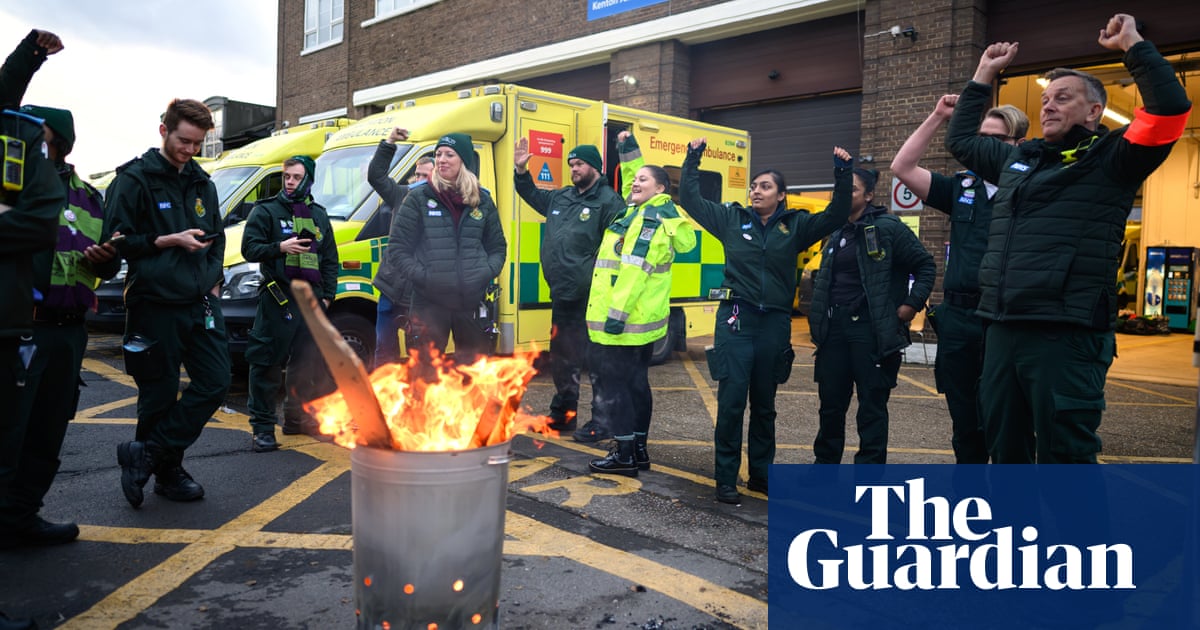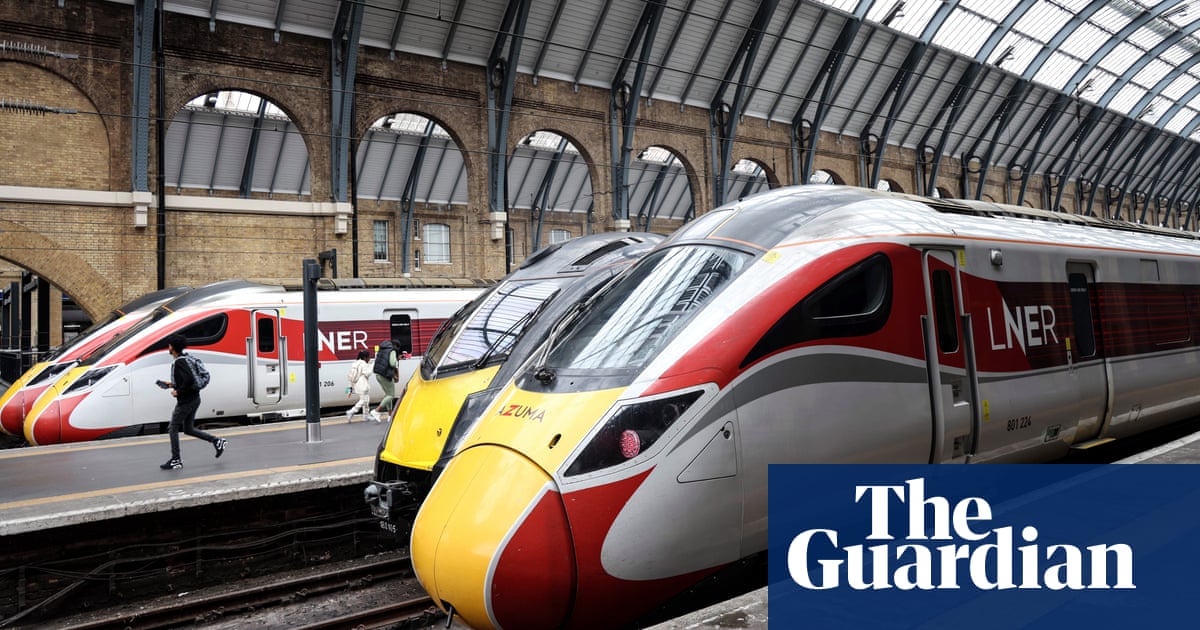
The business secretary, Grant Shapps, will be able to decide statutory minimum service levels for a string of public services under the terms of a new anti-strike bill condemned by Labour as likely to increase stoppages.
Unveiling details of the proposed law, Shapps said ministers would consult during the progress of the bill on what minimum services levels would be required for fire, ambulance and transport services, including rail.
The measures, which could lead to striking staff being sacked, will also affect health, education, border security and nuclear decommissioning. In these areas, Shapps said, the hope was to reach agreed minimum service levels “that mean that we don’t have to use that power in the bill”. Again, these were not set out.
Explanatory notes for the bill, published after Shapps spoke, gave no details for what level of minimum services would be required. Under the law, the business secretary would be given the powers “to make regulations providing for levels of service where there are strikes in relevant services”.
Employers must consult with unions on what this means in practice before a strike, the bill states. It also confirms that staff who breach minimum service levels will lose employment protections and could be sacked.
Despite the government’s insistence that the planned law, which will apply to England, Scotland and Wales but not Northern Ireland, is not an attack on the right to strike, unions have labelled it as heavy-handed and likely to exacerbate industrial disputes rather than limit their impact.
Mick Lynch, the general secretary of the RMT rail union, called the bill “an attack on human rights and civil liberties which we will oppose in the courts, parliament and the workplace”.
Sharon Graham, the leader of Unite, called it “another dangerous gimmick from a government that should be negotiating to resolve the current crisis they have caused”.
Introducing the as yet unpublished bill in the Commons, Shapps singled out unions representing ambulance crews, who strike again on Wednesday, for not setting out national minimum service levels.
“While we absolutely believe in the right to strike, we’re duty bound to protect the lives and the livelihoods of the British people,” Shapps said. The new ambulance strike “will result in patchy emergency care for the British people – and this cannot continue”, he said.
Shapps added: “We do not want to use this legislation. But we must ensure the safety of the British public.”
The Unison trade union has rejected Shapps’ characterisation of arrangements for the ambulance strike as meaning there would not be sufficient coverage as “a lie”.
Ambulance staff will stagger their industrial action over the course of the day to cover gaps, with none walking out for more than 12 hours and many doing so for no more than six hours.
Responding in the Commons for Labour, the party’s deputy leader, Angela Rayner, described the bill as a distraction from the wider problems of staff shortages and low pay that have prompted strikes in so many public areas.
Rayner said that one of her constituents died recently while waiting for an ambulance: “That was not on a strike day. That is because of the disastrous chaos we have in the system under this Conservative government. His government offers no solution because they have caused the problem.”
Shapps “knows the NHS cannot find the nurses that they need to work on the wards”, Rayner said. “He knows the trains don’t run even on non-strike days, such is the shortage of staff. So how can he seriously think that sacking thousands of key workers won’t just plunge our public services further into crisis?”
The legislation showed, Rayner said, “a government that is out of ideas, out of time, and fast running out of sticking plasters; a government that is playing politics with nurses’ and teachers’ lives because they can’t stomach the cooperation and negotiation that’s needed.
“We need negotiation, not legislation. So when is the minister going to do his job?”











